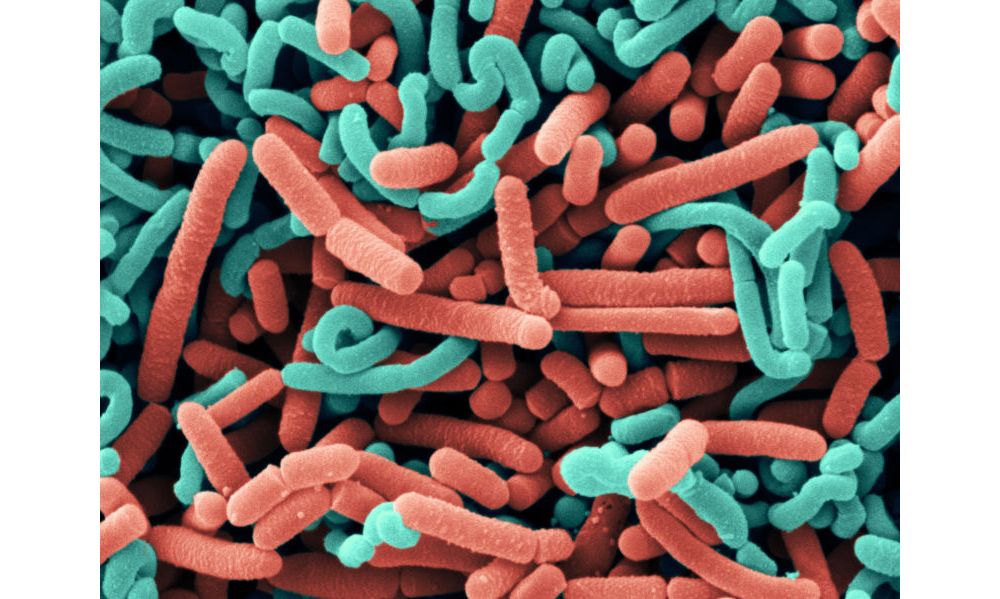
Scientists discover species of gut microbes that can boost the motivation to exercise

- 23-01-2023, 22:08
INA – SOURCES
Researchers have discovered a gut-to-brain pathway in mice that increases exercise performance.
Certain types of gut bacteria can activate nerves in the gut to increase the drive to exercise. The study in mice identified a gut-to-brain pathway that explains how these bacteria can enhance exercise performance, according to a study published in Nature, led by researchers at the Perelman School of Medicine at the University of Pennsylvania.
The study found that variations in running performance among a group of lab mice were mainly caused by the presence of specific gut bacterial species in the mice with better performance.
The researchers identified that this effect is linked to the small molecules called metabolites that these bacteria produce. These metabolites activate sensory nerves in the gut which in turn, increase activity in a brain region that controls motivation during exercise.
Colleagues set up the study to search broadly for factors that determine exercise performance. They recorded the genome sequences, gut bacterial species, bloodstream metabolites, and other data for genetically diverse mice. They then measured the amount of daily voluntary wheel running the animals did, as well as their endurance.
The researchers analyzed these data using machine learning, seeking attributes of the mice that could best explain the animals’ sizeable inter-individual differences in running performance. They were surprised to find that genetics seemed to account for only a small portion of these performance differences; whereas differences in gut bacterial populations appeared to be substantially more important. In fact, they observed that giving mice broad-spectrum antibiotics to get rid of their gut bacteria reduced the mice’s running performance by about half.
Al-Sudani launches construction of North Thermal Power Plant
- politics
- 12:03
PM Al-Sudani arrives in Nineveh
- politics
- 10:17
China Says It 'Firmly Opposes' US Military Aid To Taiwan
- International
- 07:36
US Central Command: We killed ISIS terrorist leader Abu Yusuf in Syria
- International
- 24/12/20
Liverpool compete with Real Madrid to sign Olympique Lyonnais star
- Security
- 24/12/19
ISC, ADX discuss Strengthening Economic Ties
- Economy
- 24/12/16
Iraq assumes presidency of Arab Investment Company’s Executive Board
- Economy
- 24/12/17












